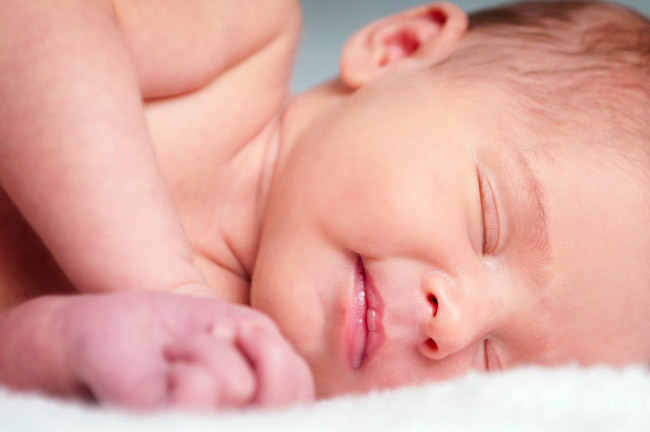
Florida Supreme Court justices heard arguments Tuesday in a legal battle that raises new questions about parental rights after the break-up of same-sex relationships.
The Brevard County case pits two women who were lesbian partners when they decided to have a child. It is unique because one of the women provided an egg that was fertilized and implanted in the other woman, who later gave birth. After the relationship ended, the woman who gave birth blocked her former partner from having parental rights.
Justices questioned attorneys, in part, about whether a longstanding state law even contemplated such a situation or whether the law was more aimed at people such as anonymous sperm and egg donors, who don’t have parental rights.
The 5th District Court of Appeal last year ruled in favor of the woman who provided the egg, pointing to the inadequacy of state law and saying the woman’s constitutional rights had been violated.
At one point Tuesday, Justice Barbara Pariente raised the scenario of a man who impregnates a woman in a “one-night stand” and receives parental rights. She questioned whether two women who decide to raise to raise a child should have lesser rights and said that could create issues of equal protection.
“So if you have sex the good old-fashioned way … it’s constitutional, but anything else” doesn’t get the same status? Pariente asked.
Chief Justice Ricky Polston, however, appeared skeptical about finding that the woman’s constitutional rights had been violated.
“You’re asking us to make a constitutional ruling on social policy,” Polston said to attorney Robert Segal, who represented the woman who provided the egg.
Groups such as the American Civil Liberties Union and Lambda Legal, which works on gay and lesbian civil-rights issues, have filed briefs asking the Supreme Court to uphold the 5th District Court of Appeal ruling.
The women in the case are identified only by initials, but documents indicate they were in a relationship from 1995 until 2006. The woman who gave birth was infertile, which led to the decision to implant the egg provided by the other woman.
When they separated in 2006, the child — who also is not identified in the case — was two years old. Contact ended in December 2007, when the birth mother moved with the child, documents say. She was ultimately located in Australia.
Along with trying to sort out state law, justices also focused on whether the woman who provided the egg signed a form during the fertilization process that waived her parental rights. Michael B. Jones, an attorney for the woman who gave birth, said the form should decide the case.
“I think they (the other side) are trying to argue after the fact, ‘Oh, we really didn’t mean this,” Jones said.
But Segal said the document was a general form that is usually used when anonymous donors are involved. He said it shouldn’t waive the woman’s parental rights.
“It is not consistent with the actions of the parties,” he said.
Justice R. Fred Lewis appeared to raise the possibility of sending the case back to a lower court to determine the validity of the waiver. He said that could involve taking testimony about the form.
–Jim Saunders, News Service of Florida






























blondee says
Ultimately the child will suffer from the far-flung actions of these individuals.